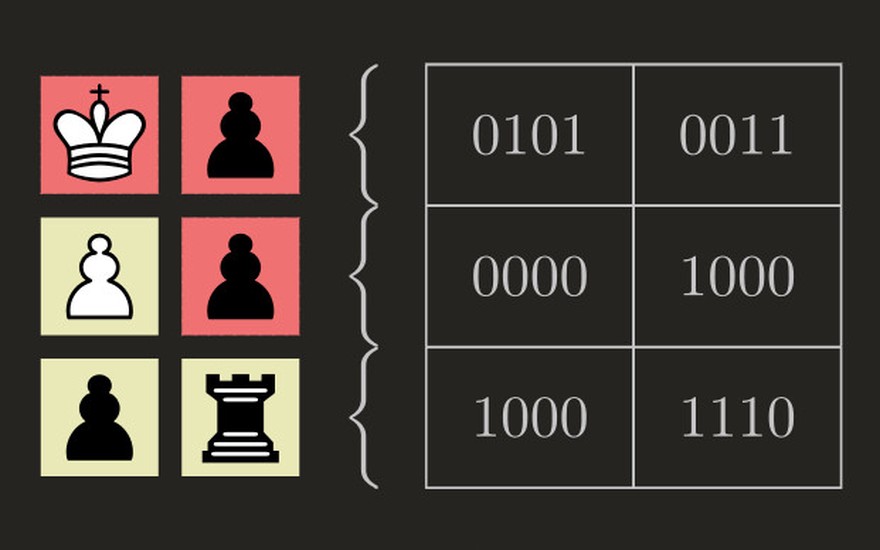Equus (play) - Wikipedia
Equus is a play by Peter Shaffer written in 1973, telling the story of a psychiatrist who attempts to treat a young man who has a pathological religious fascination with horses.[1]
Shaffer was inspired to write Equus when he heard of a crime involving a 17-year-old who blinded six horses in a small town in Suffolk.[2] He set out to construct a fictional account of what might have caused the incident, without knowing any of the details of the crime. The play's action is something of a detective story, involving the attempts of the child psychiatrist Dr. Martin Dysart to understand the cause of the boy's (Alan Strang) actions while wrestling with his own sense of purpose.[3]
The original stage production ran at the National Theatre in London between 1973 and 1975, directed by John Dexter. Alec McCowen played Dysart, and Peter Firth played Alan Strang. Later came the Broadway productions that starred Anthony Hopkins as Dysart (later played by Richard Burton, Leonard Nimoy, and Anthony Perkins) and from the London production, Peter Firth as Alan. When Firth left for Broadway, Dai Bradley took over the role of Alan in the London production, playing opposite Michael Jayston as Dr. Dysart.[4] Tom Hulce replaced Firth during the Broadway run. The Broadway production ran for 1,209 performances. Marian Seldes appeared in every single performance of the Broadway run, first in the role of Hesther and then as Dora. Shaffer also adapted his play for a 1977 film of the same name.
Numerous other issues inform the narrative. Most important are religious and ritual sacrifice themes, and the manner in which character Alan Strang constructs a personal theology involving the horses and the supreme godhead, "Equus". Alan sees the horses as representative of God and confuses his adoration of his "God" with sexual attraction. Also important is Shaffer's examination of the conflict between personal values and satisfaction and societal mores, expectations, and institutions. By employing classical structure, themes, and characterisation, Shaffer dramatizes the conflict between Apollonian and Dionysian values and systems in human life.












/https%3A%2F%2Ftf-cmsv2-smithsonianmag-media.s3.amazonaws.com%2Ffiler_public%2F32%2F0f%2F320fc4f6-5959-490f-b1f4-a2ac651f394f%2Fgettyimages-128275051.jpeg)







